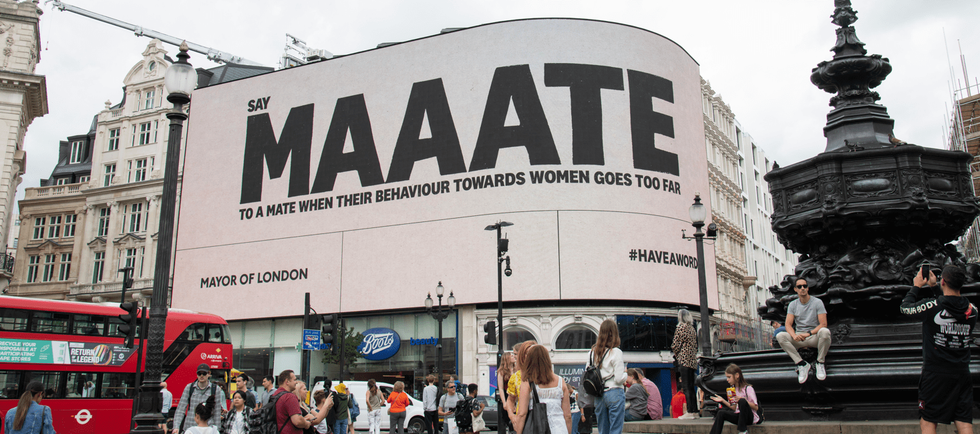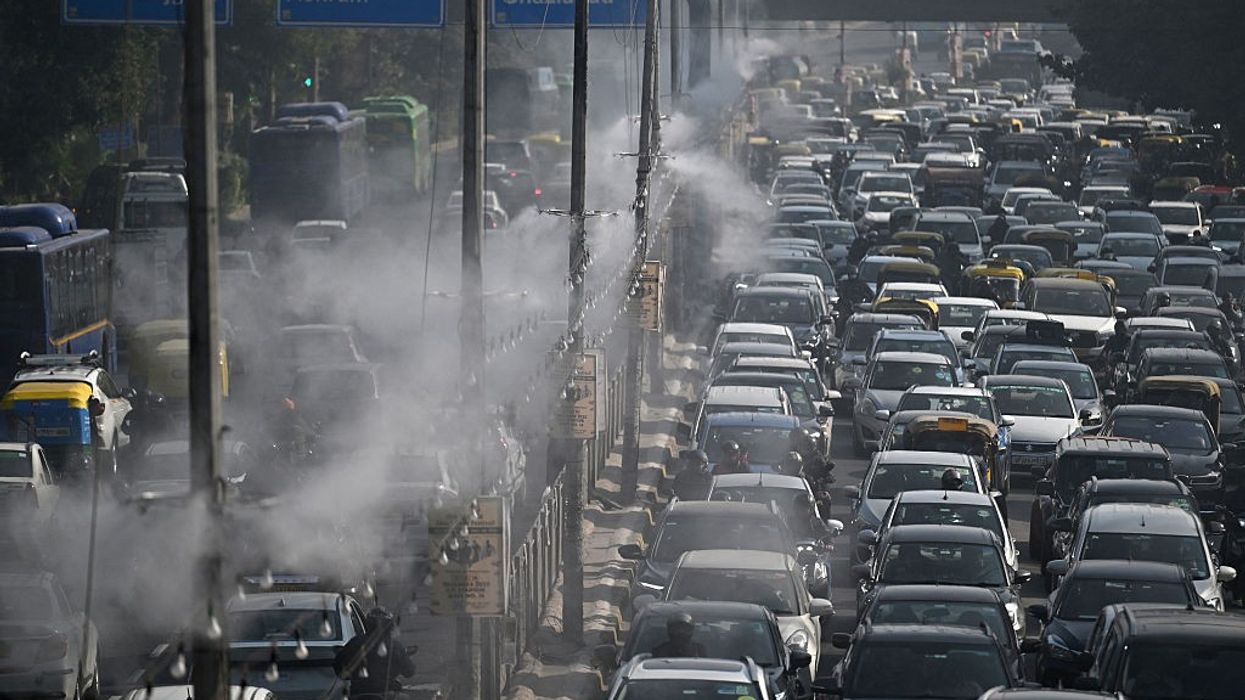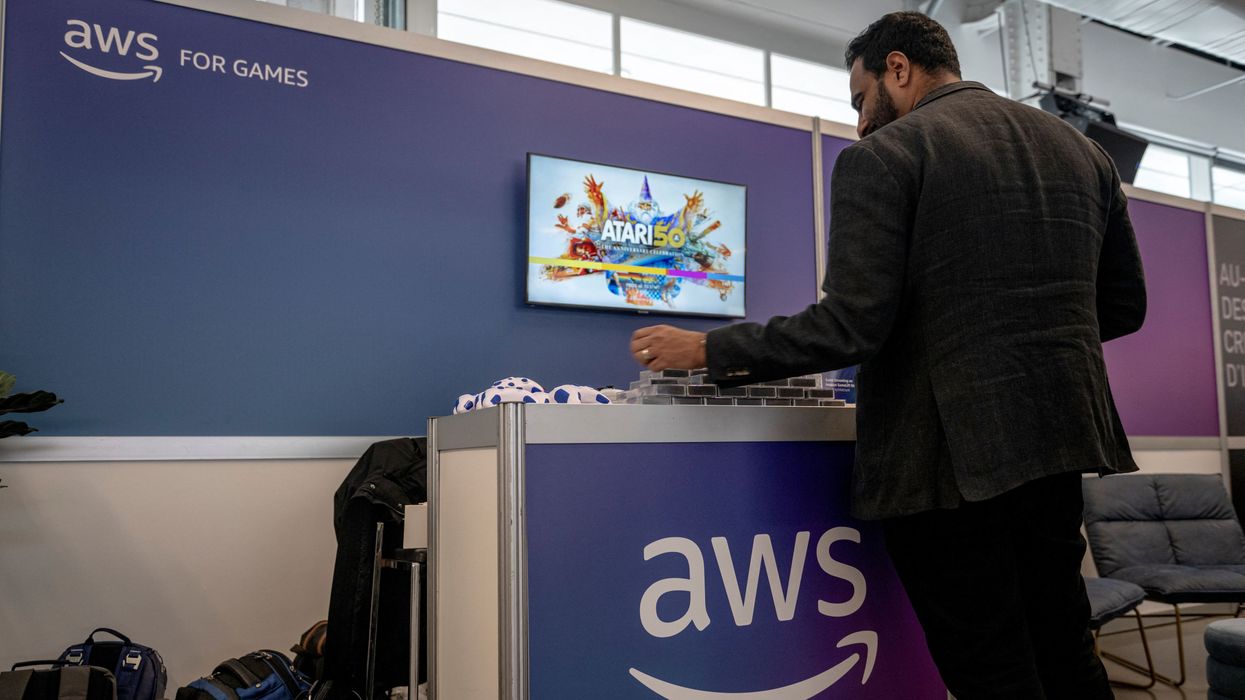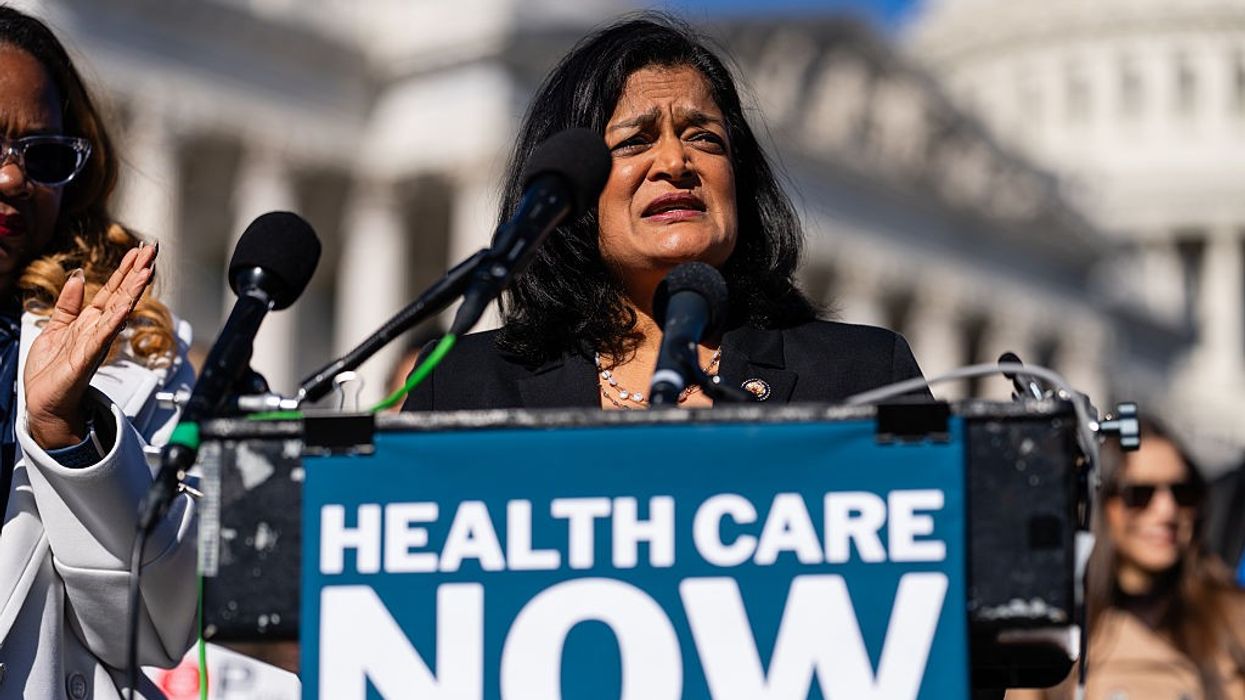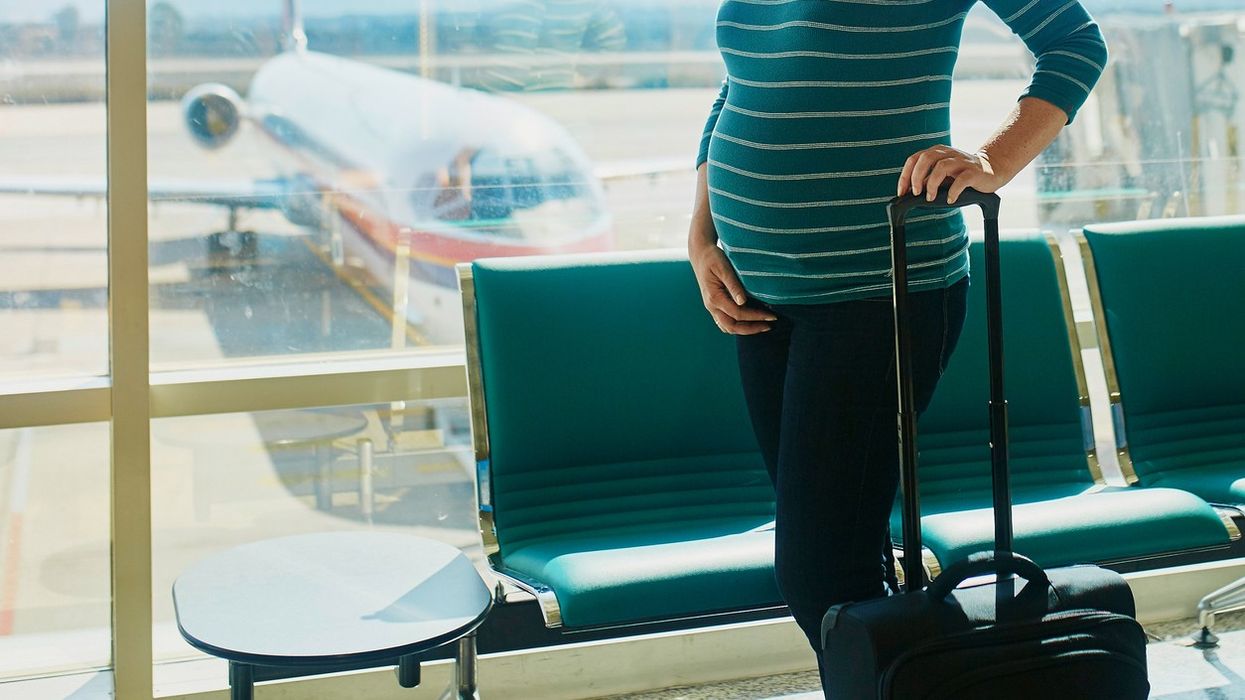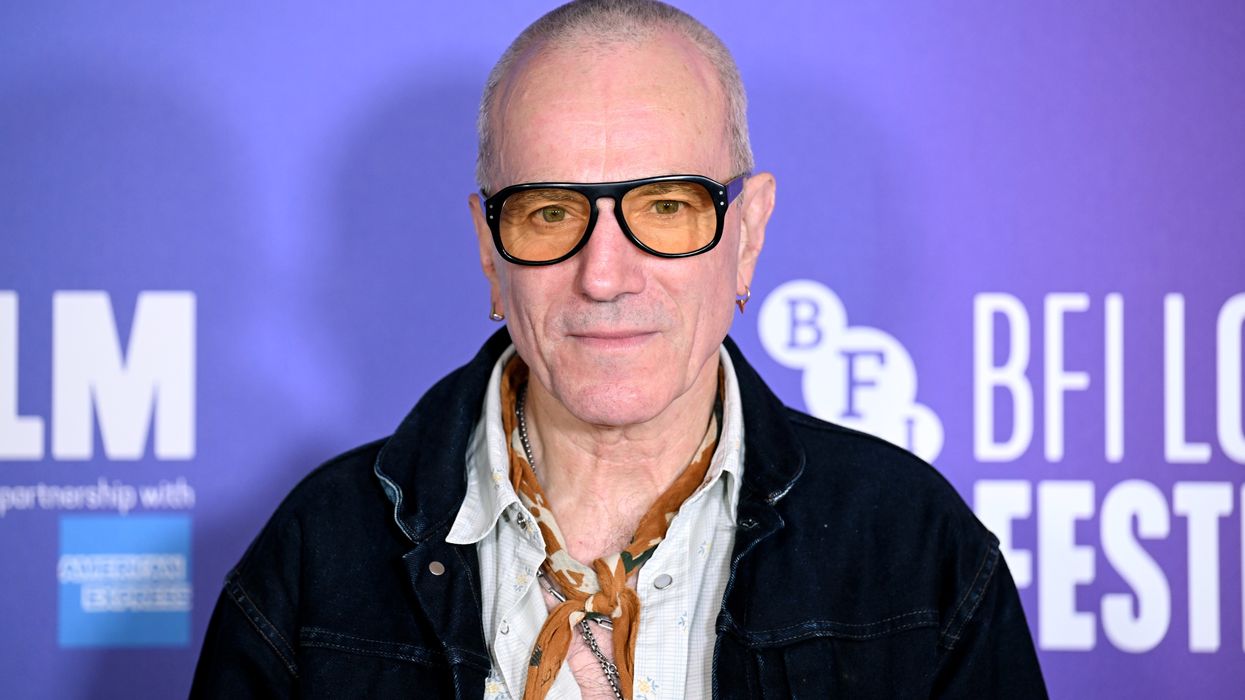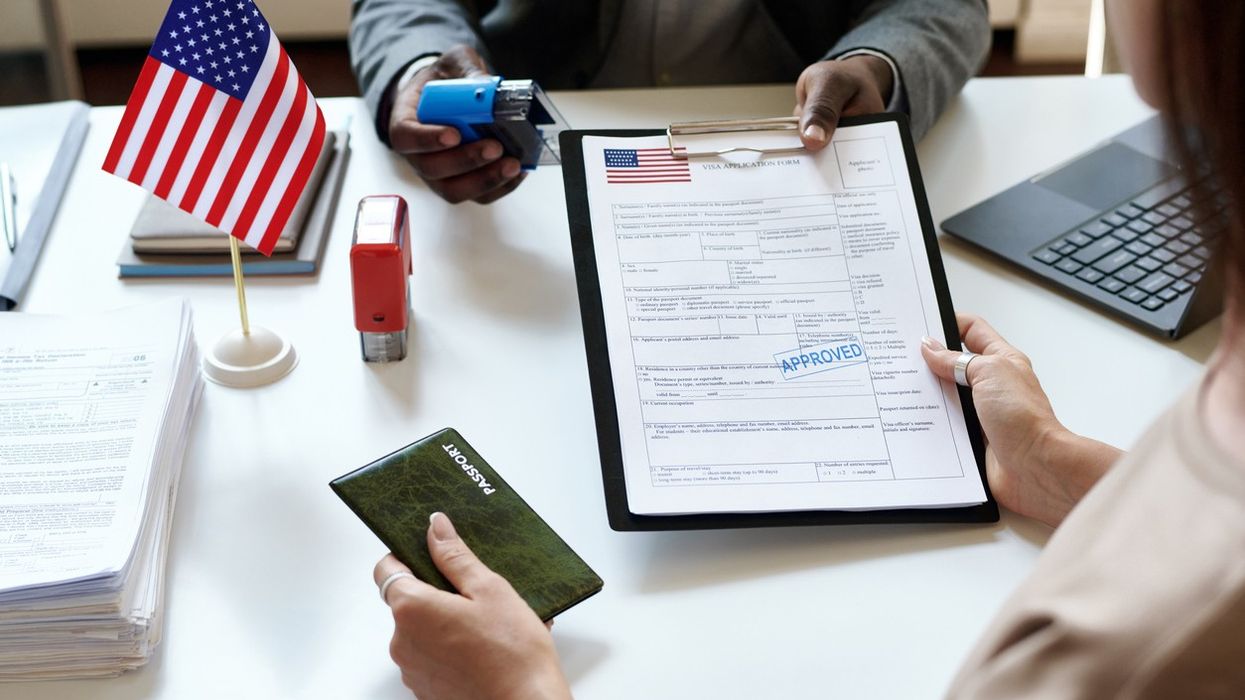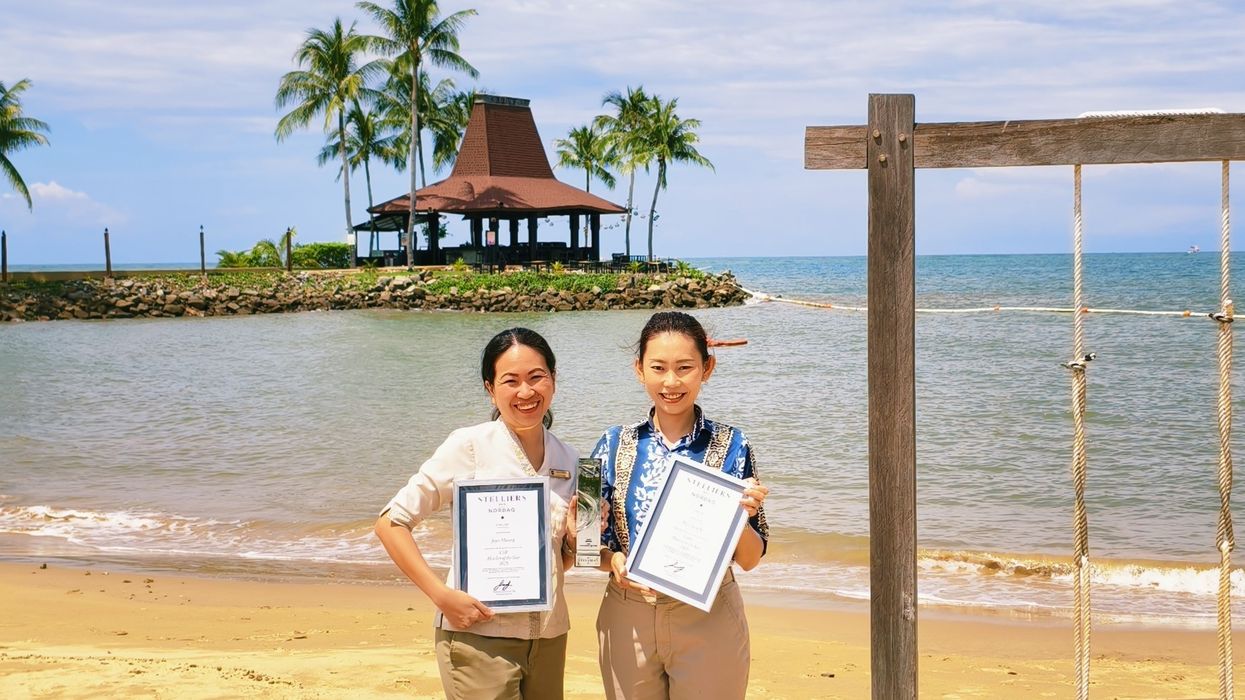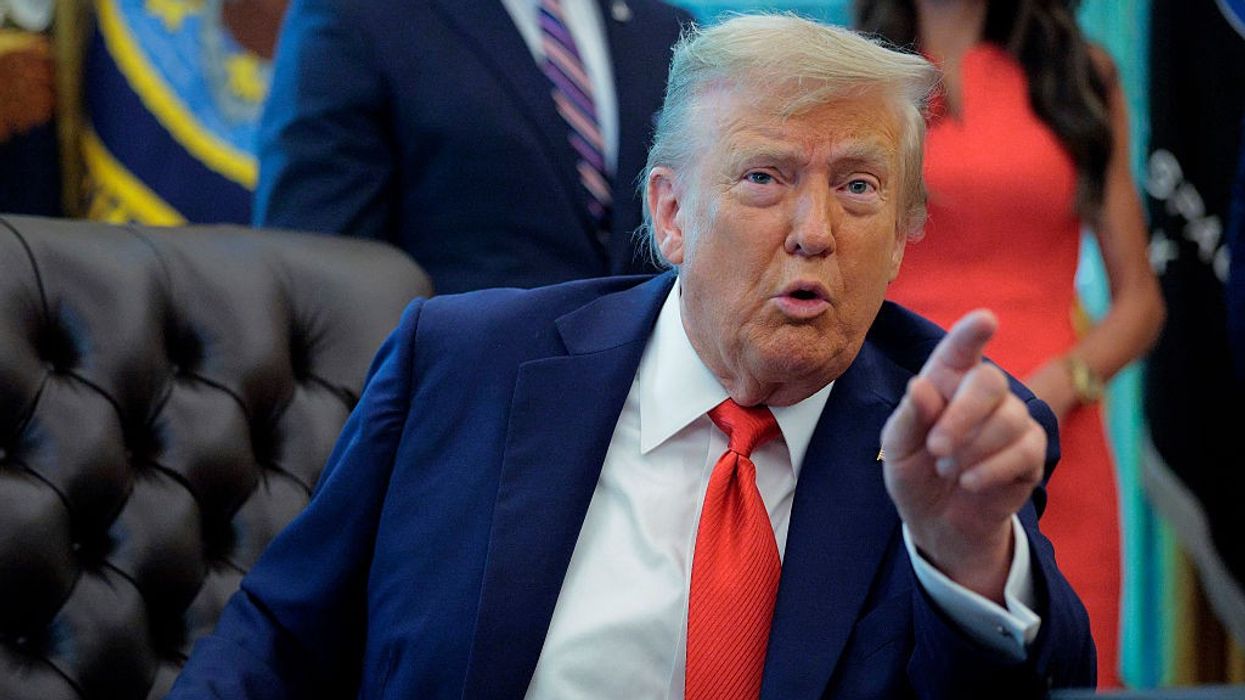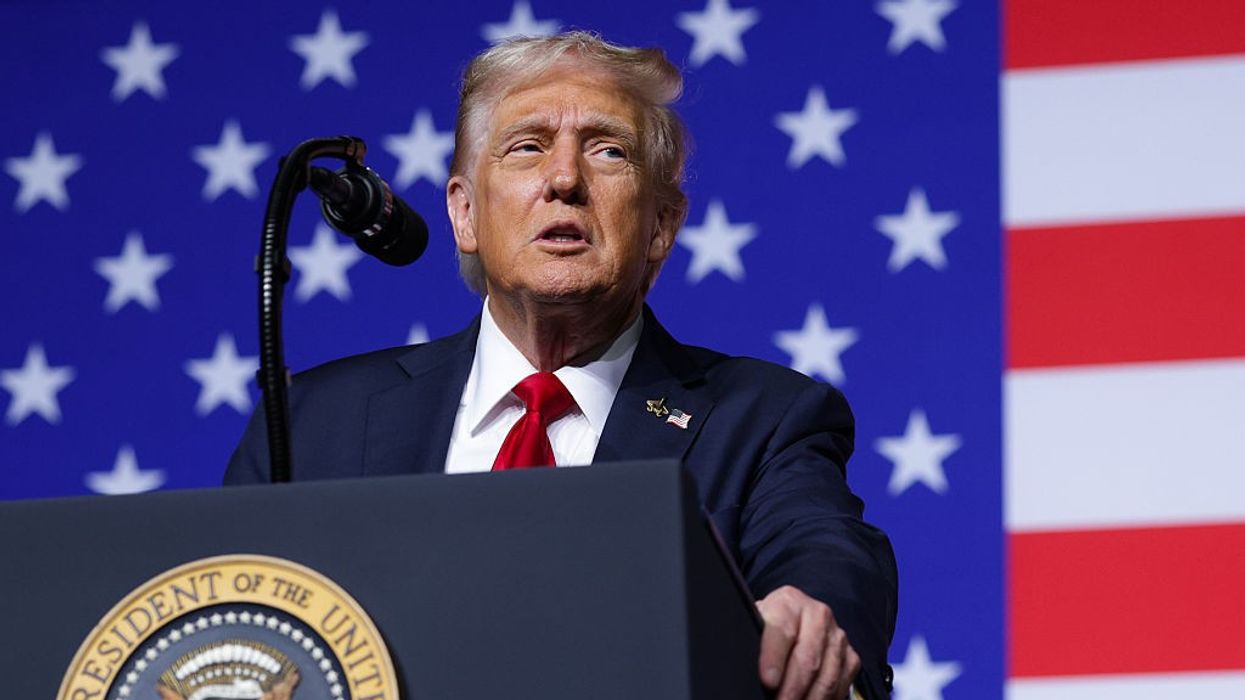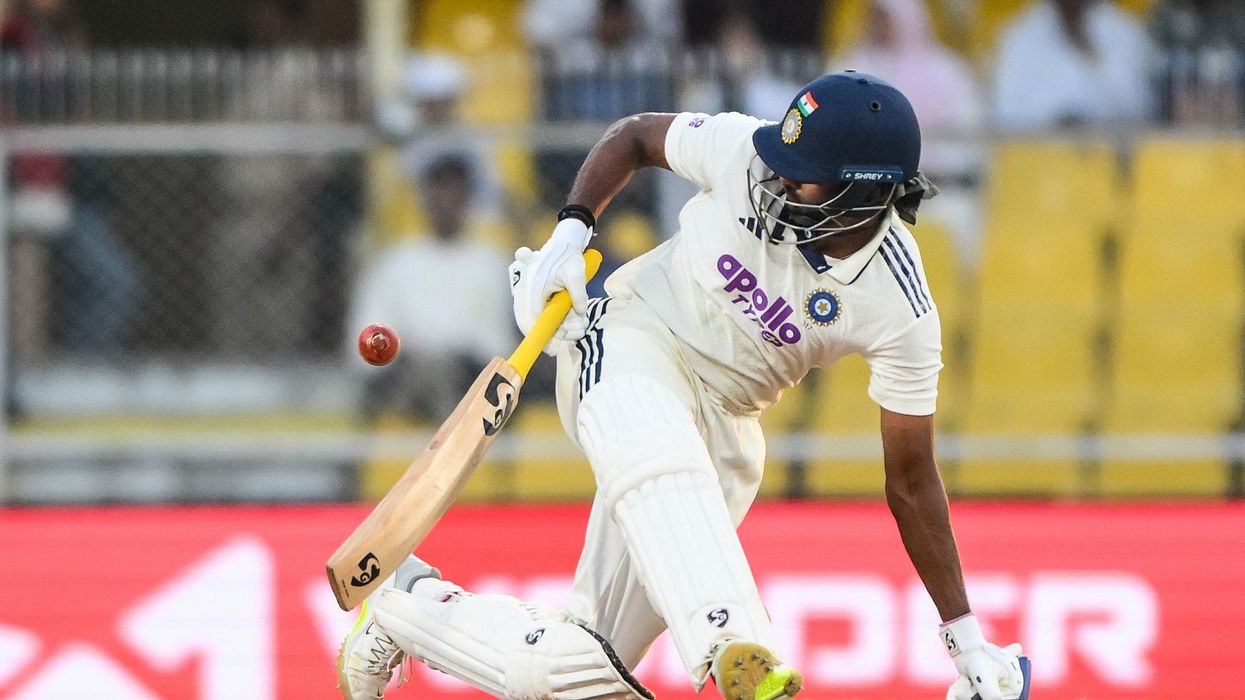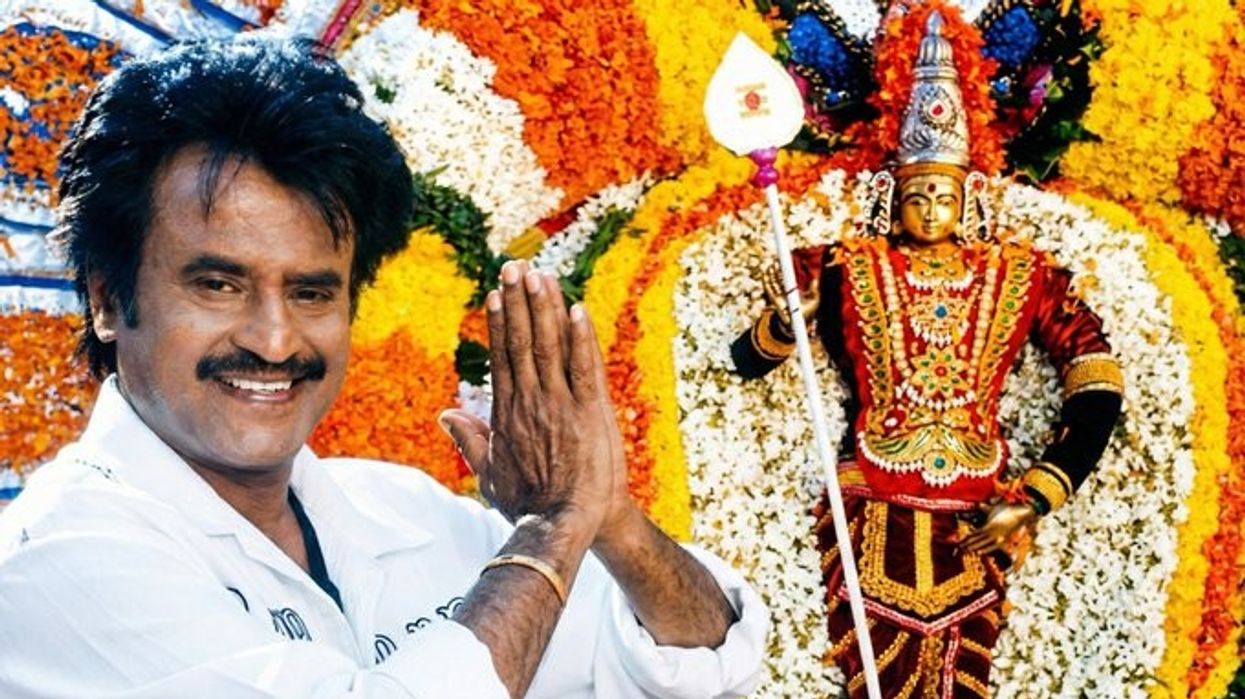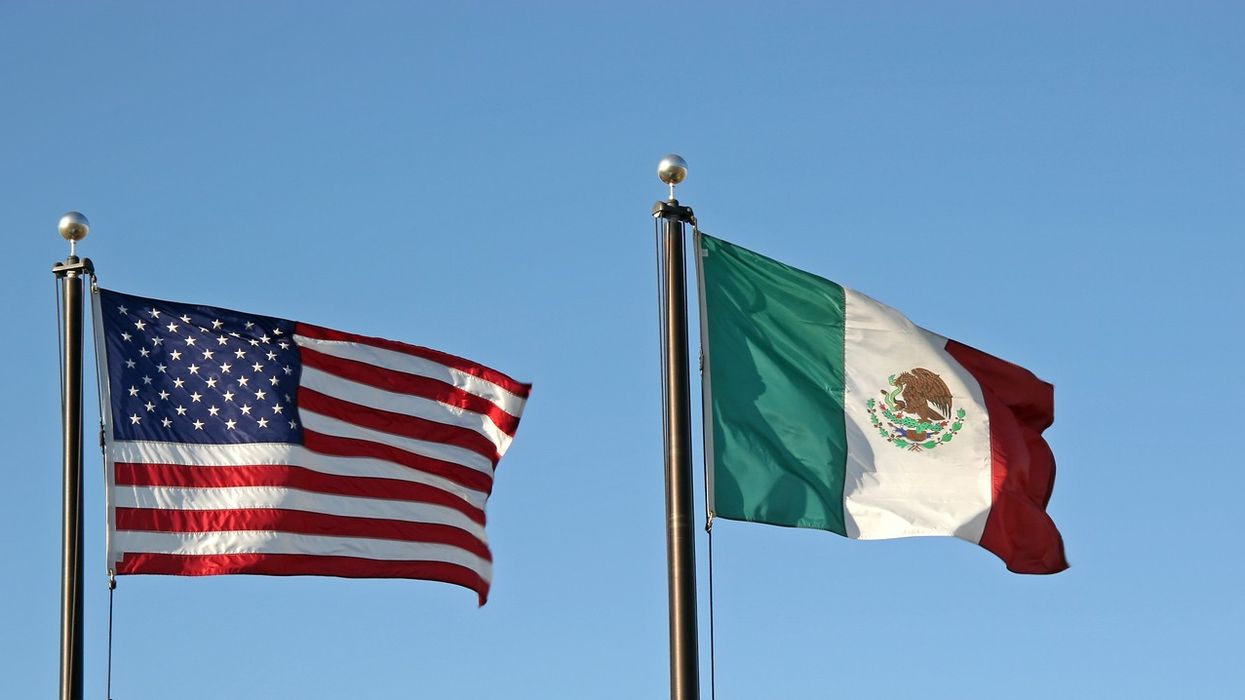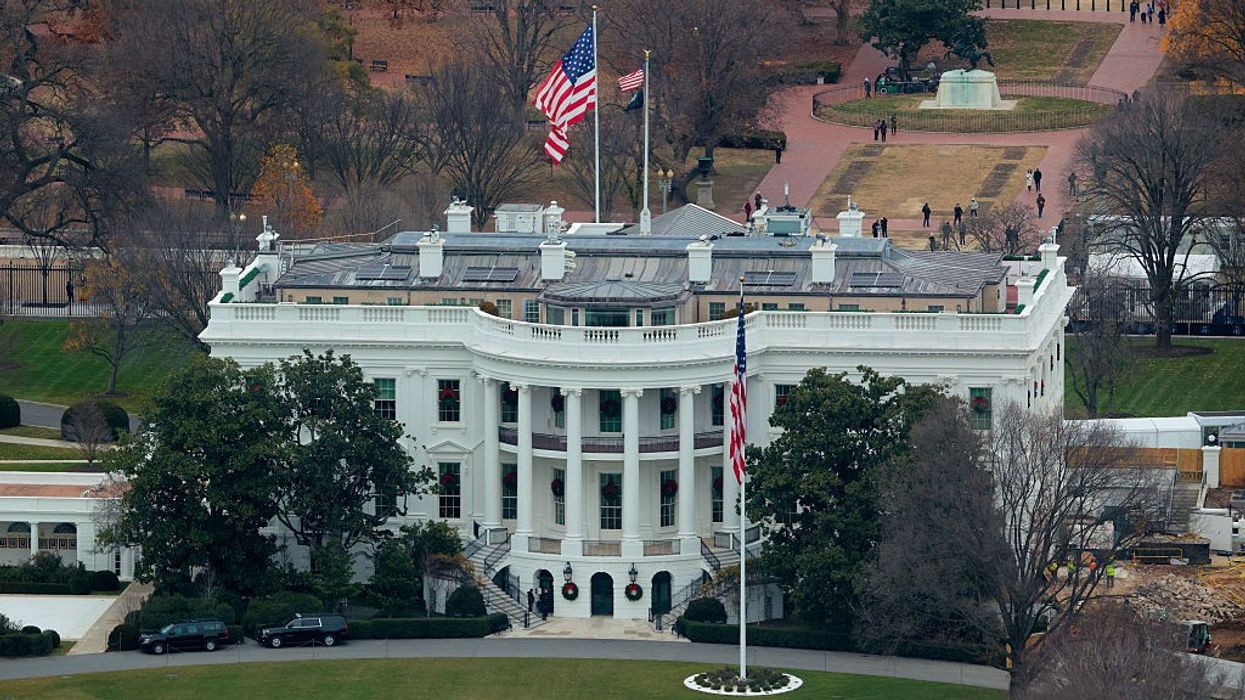COMEDIAN Romesh Ranganathan has urged men to become women’s allies by standing up against misogyny and sexism.
Ranganathan has partnered with London mayor Sadiq Khan for a campaign that aims to give men and boys the confidence to challenge sexist behaviour and misogynistic attitudes, in a bid to tackle violence against women and girls.
The ‘Say Maaate to a Mate’ initiative encourages men and boys to step in when they witness transgressive language and behaviour towards women and girls.
“[When] a person of colour, someone that isn’t being affected by race, speaks up against racism, I feel really reassured by that,” Ranganathan told Eastern Eye at the campaign launch last Friday (21).
“I think, in the same way, men need to take responsibility and be allies and say ‘we will call it out as well, it’s not just in your (women’s) hands’. It’s trying to move towards a culture among men where those sorts of things are not acceptable.”
Khan agreed with Ranganathan and said society should take responsibility for misogyny and sexism towards women.
“Men have got to be allies,” said the mayor. “We can’t allow this to be an issue that is just at the doorstep of women to resolve, just like racism has been an issue for people who are black and minority ethnic.”
A study commissioned by City Hall, the mayor’s office, found that one in four men in London, aged 19 to 34, regretted not calling out a friend or family member for being misogynistic. Two in three men said that they wanted to step in, but didn’t know what to say, and this was a barrier to them taking action.
Shaming friends is not an effective strategy, the survey found.
As part of the campaign, the mayor’s office produced an interactive video aimed at helping men understand inappropriate behaviour or language against women.
A group of men are shown playing video games, with the viewer told to call out their conversation when it becomes disrespectful towards women by clicking a button labelled ‘maaate’.
Ranganathan said, “It’s difficult to say to a friend, ‘I think what you’ve just done is out of order’. It’s a really tricky thing to step yourself out of just having a laugh.
“Saying ‘maate’ presents people with a low-level way to deal with this. It doesn’t have to be confrontational, you’re not causing an issue. You’re just saying, ‘I noticed what you’re doing and it’s not okay’.
“That’s not difficult to do and the more we can do that the better.”
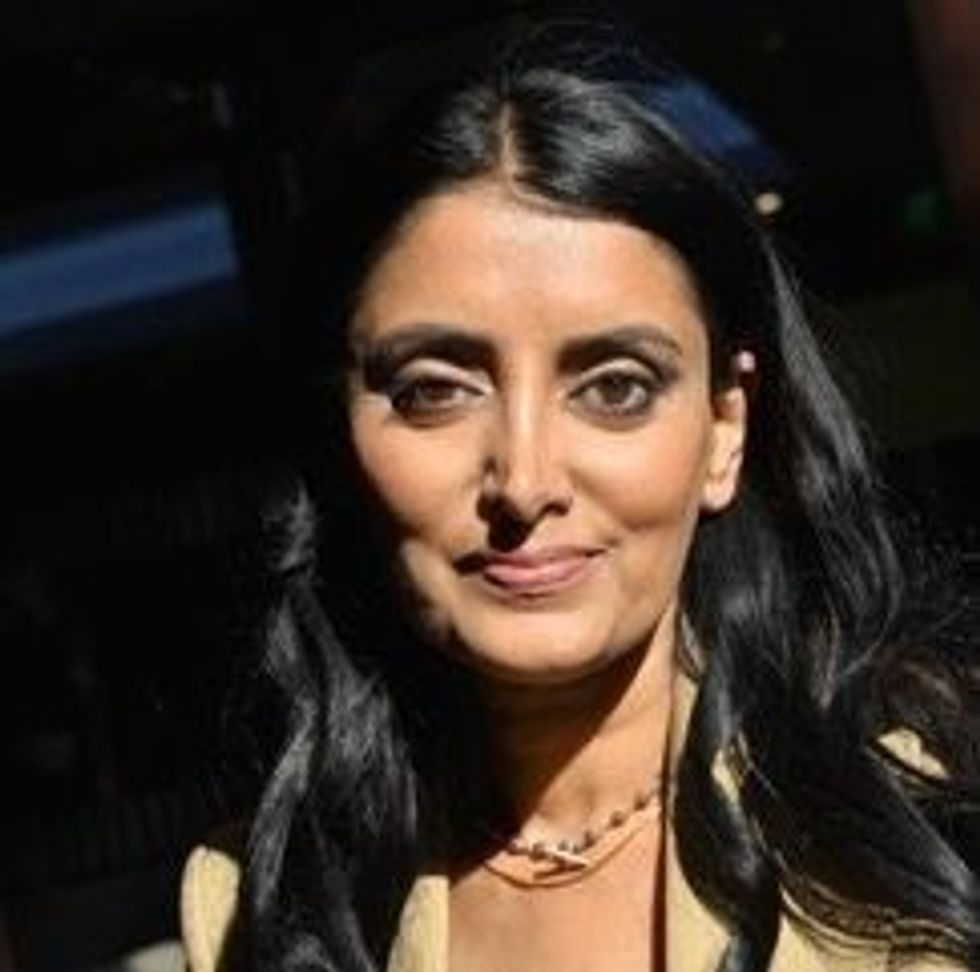
Aneeta Prem, founder and president of Freedom, a charity which works to raise awareness of forced marriage in the UK and dishonour-based violence, said misogyny has its own specific challenges when it comes to the south Asian community.
“I do think it’s more complex because it starts from the beginning, when often boys are put on a pedestal and the whole idea that when a baby boy is born, a laddu (Indian sweet) is given, while when a girl is born, often commiserations are given,” Prem told Eastern Eye. “It is more complex in Asian communities, but by understanding the complexity, such as parents feeling they have a massive financial burden if a girl is born, we will be able to change that perception within a generation.”
Freedom has run a similar campaign to ‘say maaate to a mate’ over the past five years. They have visited schools, colleges and universities, educating men and young boys on the importance of standing up for women and saying, ‘Not in my Name’ when they witness inappropriate behaviour towards women.
“We’ve had thousands of young boys and men stand up and say (‘not in my name’) in society and it makes them part of the solution, rather than part of the problem. And that’s really empowering not only for the young men, but for the young women as well – to know that men and boys can be an active part of solutions. And that’s very, very important,” said Prem.
She added that being male allies at a young age will make it easier for men to recognise serious issues such as forced marriages. “By talking about this to young men and explaining to them what are forced marriages, what girls have to go through – treated like modern-day slaves, potentially serially raped, suffering a life of domestic abuse, understanding and being educate on these issues will make them more empathetic towards women,” said Prem.
A survey by UN Women found that 97 per cent of women aged 18-24 in the UK said they had been sexually harassed, with 80 per cent reporting experiencing sexual harassment in public spaces.
Last year, 25 women were killed in the capital, including 35-year-old law graduate Zara Aleena and 28-year-old primary school teacher Sabina Nessa.
“Unfortunately, it’s still the case in 2023, in the greatest city in the world – the most progressive city in the world – that women on a regular basis suffer sexual harassment, sexual abuse and violence,” said Khan.
“Across the country, every three days, a woman is killed at the hands of a man – that’s not on.”
Khan, who is the father of two daughters, admitted he doesn’t have to worry about going through the struggles that they may potentially face. “The reality is their experiences are not my experiences,” he said. “I’m not touched up on the Tube or the buses. I’m not looked at in a lecherous way when I go to the gym, nobody comments on the clothes I’m wearing. I can go for a jog any time of the day. We’re going to make sure London is as accessible, as wonderful, as brilliant, as safe for women as it is for men.”

